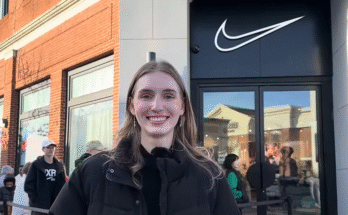Traveling to the United States is an exciting opportunity to explore a vast and diverse country filled with iconic landmarks, cultural experiences, and vibrant cities. While English is the primary language spoken across the U.S., it can be incredibly helpful to learn a few key phrases before your trip. These phrases will not only help you navigate more easily but also make interactions smoother and more enjoyable. Even if you speak some English already, mastering these essential expressions can enhance your travel experience and help you connect with locals. Below are ten crucial phrases you should know—and why they matter.

1. “Hello, how are you?”
This simple greeting may seem basic, but it’s a fundamental part of American social etiquette. Saying “Hello, how are you?” is a friendly way to initiate conversation, especially when meeting someone for the first time, entering a store, or greeting hotel staff. Americans often use it as a polite gesture, and while they may not expect a detailed answer, a response like “I’m good, thank you” is commonly appreciated. Learning this phrase helps you start interactions on the right foot and shows politeness.
2. “Could you please help me?”
Whether you’re lost, confused by the subway map, or trying to order food, asking for help politely is essential. Saying, “Could you please help me?” demonstrates good manners and makes people more inclined to assist you. In busy cities like New York or Los Angeles, people might seem hurried, but most will stop to help if you ask respectfully. Knowing this phrase also reduces anxiety in stressful moments, such as navigating airports or finding your hotel.
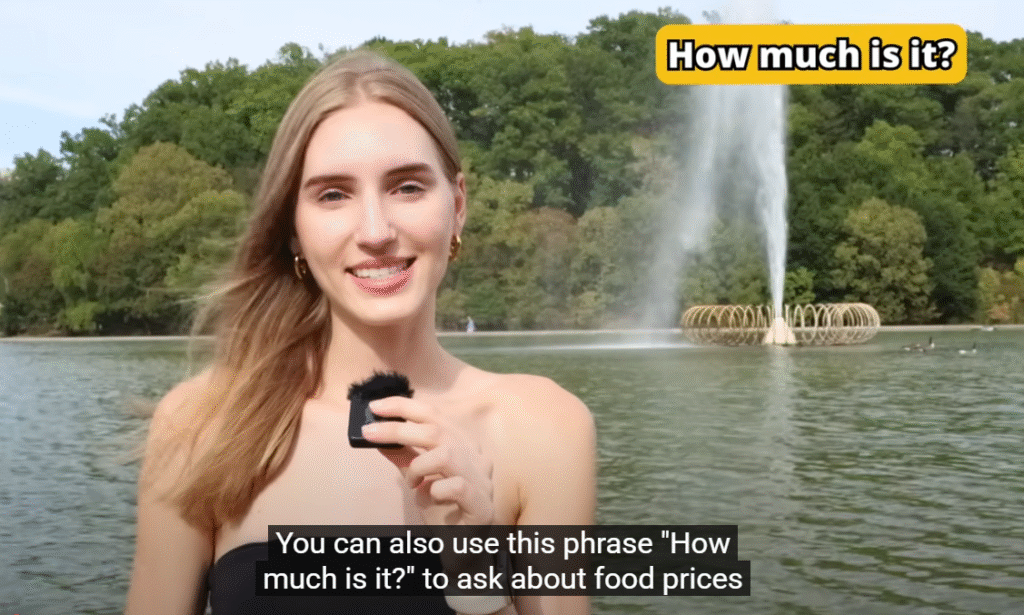
3. “I don’t understand.”
Even if you have a basic grasp of English, you might encounter slang, idioms, or fast-paced speech that’s hard to follow. In these moments, calmly saying, “I don’t understand,” lets others know you need clarification. Most Americans will slow down or explain more clearly when they know English isn’t your first language. This phrase is key to avoiding misunderstandings and ensuring you get the right information.
4. “Where is the nearest…?”
This phrase is extremely versatile. You can use it to ask for the location of a restroom, restaurant, bus stop, ATM, or tourist attraction. For example: “Where is the nearest pharmacy?” or “Where is the nearest train station?” It’s much more effective than simply asking “Where is…?” because adding “the nearest” makes your question more specific and shows you’re looking for something close by, which is especially helpful in large urban areas.
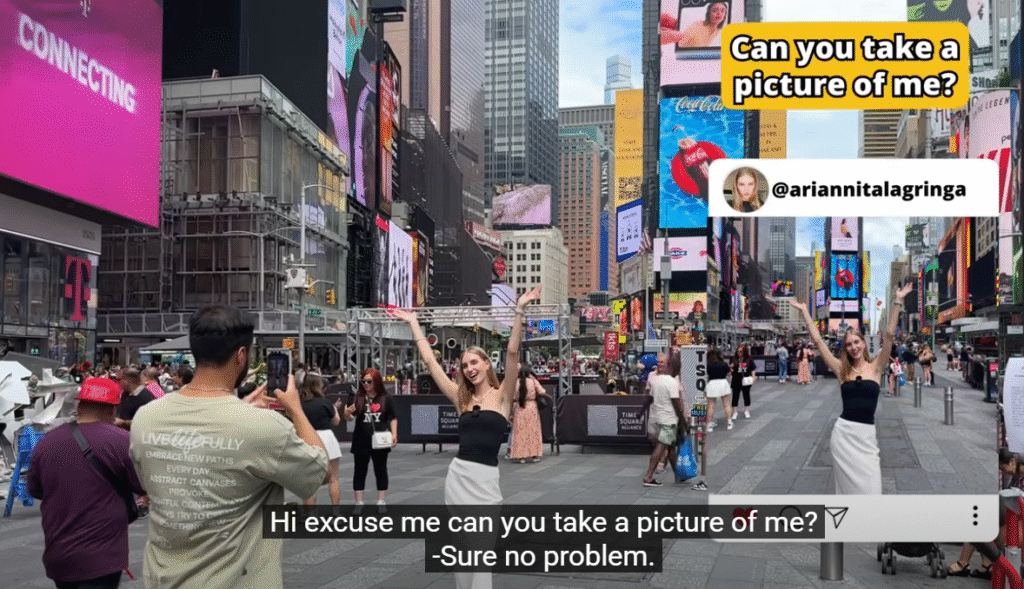
5. “How much does it cost?”
Shopping in the U.S. can be a little confusing, especially since prices often don’t include tax. Asking, “How much does it cost?” is essential when making purchases, whether in a small souvenir shop or a department store. You can also follow it up with, “Is tax included?” to understand the final price. Knowing this phrase also helps when negotiating prices in places like flea markets or when comparing costs between services.
6. “Can I have…?”
Whether you’re ordering at a restaurant, requesting something in a hotel, or asking for directions, this phrase is key. “Can I have…” is more polite than simply stating what you want. For instance, “Can I have a coffee, please?” or “Can I have a map of the city?” It shows good manners and makes your requests more likely to be fulfilled positively. This phrase also applies to more specific needs, such as “Can I have a receipt?” or “Can I have a late checkout?”

7. “I’m looking for…”
This phrase helps you ask for something without needing a complete sentence. For example, “I’m looking for the subway station,” or “I’m looking for Central Park.” It’s useful when seeking directions or trying to locate places like stores, hotels, or tourist spots. It’s also a good lead-in when approaching someone on the street or at an information desk, helping you sound clear and focused even if your English is limited.
8. “Do you speak [your language]?”
If your English fails you, this phrase might come in handy: “Do you speak Spanish/French/Japanese?” or whichever language is your native tongue. While not everyone will, in tourist-heavy areas like New York, Miami, or San Francisco, you might be lucky. Many employees at airports, hotels, and visitor centers speak multiple languages. Asking this politely shows respect and can be a lifeline in a confusing situation.
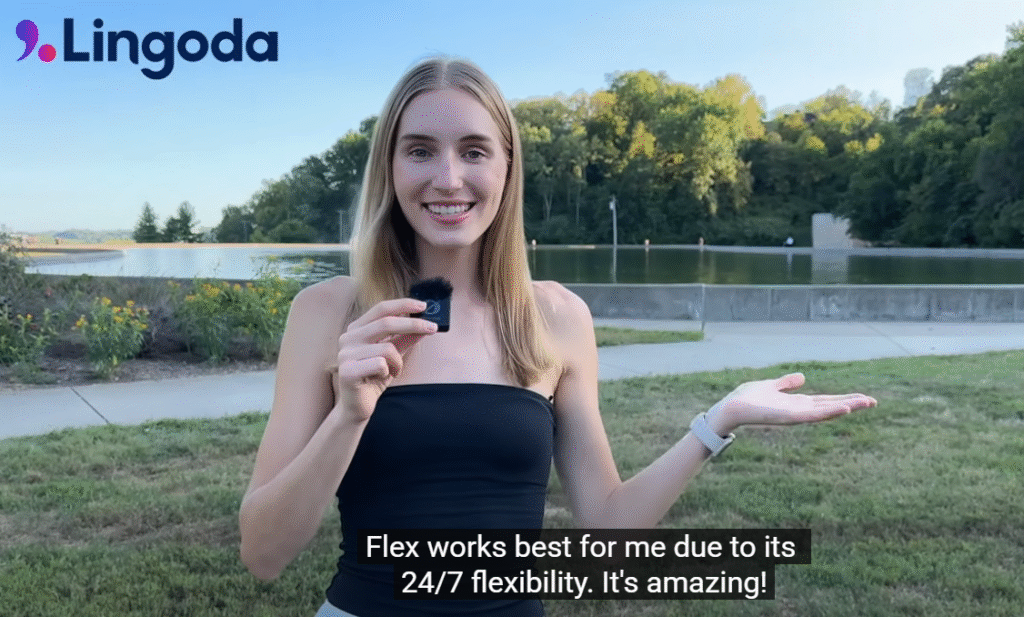
9. “Excuse me” / “Sorry”
These two phrases are extremely important in American culture. “Excuse me” can be used to get someone’s attention (e.g., “Excuse me, where is the bathroom?”) or to politely move past someone. “Sorry” is useful for bumping into someone, making a mistake, or misunderstanding directions. Americans value personal space and politeness, so using these phrases can help you avoid appearing rude or intrusive, even by accident.
10. “Thank you” / “You’re welcome”
Gratitude goes a long way. Saying “Thank you” when someone helps you, gives directions, or serves your food is expected and appreciated. In response, people will often say “You’re welcome.” These phrases may seem small, but they build goodwill and make your interactions more pleasant. Even in quick exchanges, remembering to say “Thank you” creates a positive impression and helps you connect better with people.
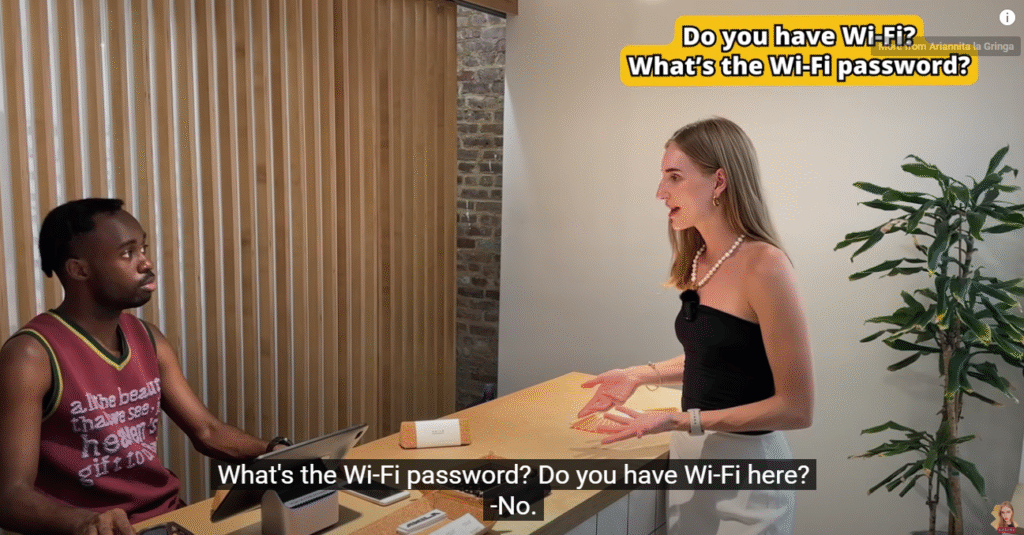
Bonus Tips for Travelers
While these phrases are a great start, here are a few extra tips to improve your communication and experience in the U.S.:
- Speak clearly and slowly: Americans are generally forgiving of accents and will appreciate your effort if you try to communicate clearly.
- Use body language: Gestures like pointing, nodding, or showing items (like your hotel key card or map) can support your spoken English.
- Download translation apps: Apps like Google Translate can help you when you’re stuck or need to communicate complex ideas.
- Practice listening to American English: Watching U.S. movies or listening to podcasts before your trip can help you get used to the accent and speed of speech.
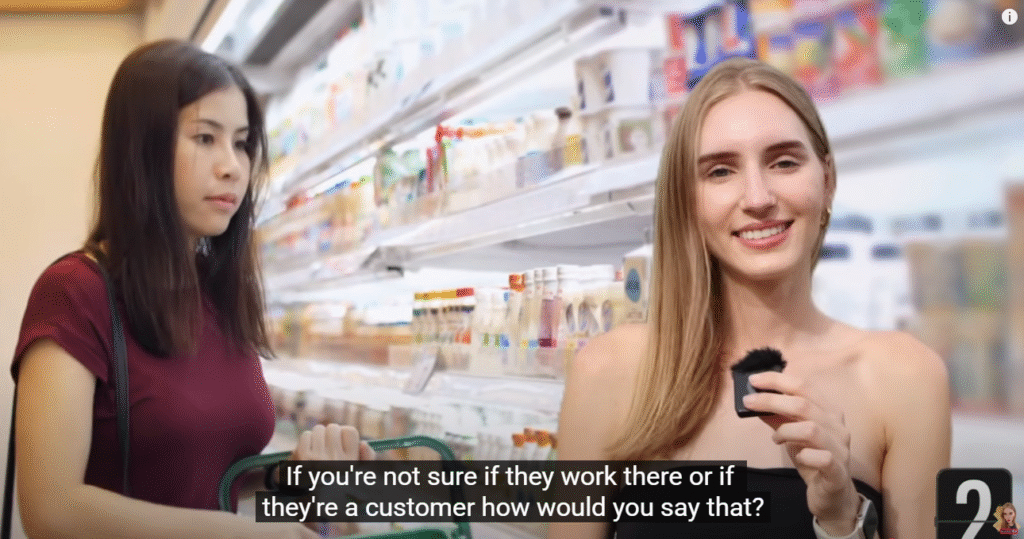
Conclusion
Learning just ten simple phrases before traveling to the United States can significantly improve your experience. From navigating airports and public transportation to ordering food and asking for directions, these expressions will help you feel more confident and connected. Remember, Americans are generally friendly and willing to help—especially if you make an effort to communicate politely. A few words go a long way in bridging cultures and making your journey smoother and more enjoyable. So take a little time before your trip to practice these phrases—you’ll thank yourself once you arrive.



